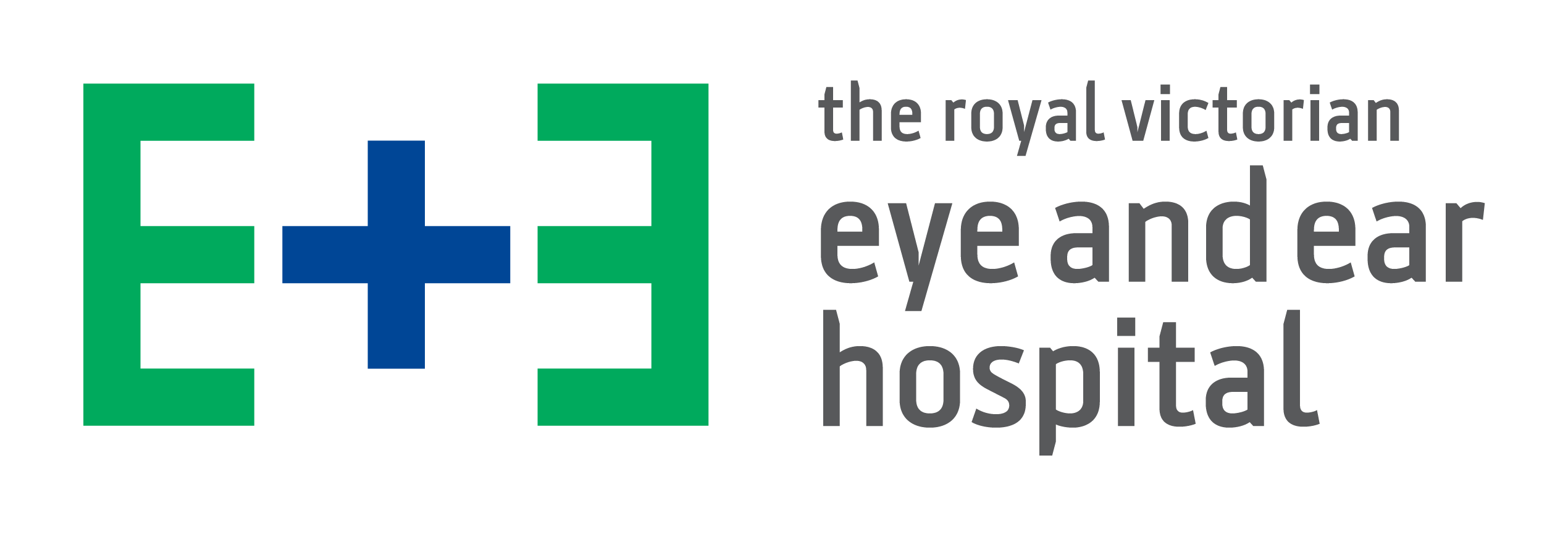Evaluation
Multiple assessments are required to determine if an implantable hearing device is suitable for a person. The results of these tests allow the multi-disciplinary team of ear, nose and throat surgeons, audiologists and speech pathologists, to advise the person on the benefits they may gain from an implantable device and make an evidence-based recommendation about the best options.
The assessments for an implantable hearing device will require a number of visits to the Eye and Ear Hospital and other service providers. If a patient is currently using hearing aids, these need to be worn or brought along to each appointment and confirmed to be in good working order.
Below is an overview of the types of assessments required to help determine if an implantable device is likely to be of benefit:
- hearing and hearing aid assessments
- speech perception and communication assessments
- CT & MRI scans
- balance test (adults only)
- general medical assessment (including fitness for general anaesthetic if necessary).
All assessment results are considered by our multi-disciplinary team before discussing our recommendation with the patient and their family. The timeline for this process varies depending on individual patient circumstances. This process usually takes around three months.
Rehabilitation
Our adult and children’s rehabilitation programs help patients and their families adapt to the use of a cochlear implant or bone conduction implant in their daily lives. To achieve this, we aim to improve patients’ hearing, help develop listening and communication skills, promote speech and language acquisition and deal with medical issues.
Following the operation, a patient will normally attend the clinic for a series of appointments, over three months. In these appointments, the patients will listen to sounds and their sound processor will be programmed to improve their hearing and listening. As a recipient adapts to the sounds from their implant, appointments are required less often.
Adults who have experience with cochlear implants will only need to visit the clinic every one to two years, or when the need arises. For children, regular listening, speech and language therapy will be needed for as long as appropriate – this could be for several years. The cochlear implant clinic can provide support to child’s early intervention and educational program staff.
It takes time and practice before people become comfortable using their implants every day. It can take time before the sounds from an implant seems a normal part of a person’s hearing. Performing listening exercises at home is a useful way of training the brain to adapt to the new sounds. These tasks involve listening to words, sentences and conversations, and practicing using different strategies to improve communication in difficult situations.
Another important aspect of the program is counselling. Our clinicians will listen to, and provide information on, hearing impairment and cochlear implant issues. A social worker is also available if patients experience difficulties with the effect the device has on their lifestyle, relationships and family.
